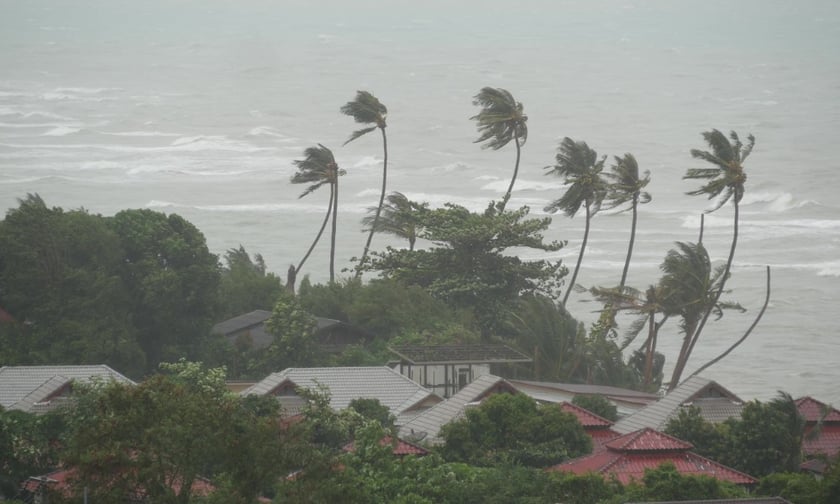

Australia’s property market remains generally stable, but a succession of extreme weather events is starting to impact many coastal areas.
According to ABC’s report, seaside and riverside properties are now more frequently experiencing coastal erosion and flooding due to storms.
Maralyn Luchetti and her partner bought a home with an ocean view north of Wollongong three years ago, thinking they had prepared for potential issues.
“We were aware that it was a coastal erosion area when we bought it,” she told ABC. “The geotech reports made it seem as though it would be a problem in about 10 years. But then within months of us moving in, there were a few big east coast lows with very big seas, very big rain events, and so this property is affected not just by big waves; it’s also affected when there is water saturation of the clay soil. That tends to destabilise the cliff.”
Plans to build a seawall are underway but are proving to be costly and complicated.
“We’ve been told it will cost about $65,000 just to reach the development application stage, which is frustrating,” Luchetti said.
Despite the frequent storm damage along the New South Wales coast, Mattias Samuelsson, from Ray White Helensburgh, claimed that he has not seen a significant impact on property prices in his area.
“Obviously, we are being asked the question a bit more, but I haven’t seen any impact on values of properties,” he said, as reported by ABC. “People are still buying, properties are still being sold, people are still drawn to this lifestyle regardless of the risks.
“The risk has always been there but, with the recent storm activities, slippage around the coastline, buyers are definitely more cognisant of it. We are getting asked the questions about geotechnical risks a lot more often. I guess it’s inevitable. Newer homes tend to be more resilient as they’re built to a higher standard.”
However, Eliza Owen from CoreLogic noted that in other parts of Australia, areas experiencing more frequent extreme weather events are seeing a long-term impact on property values, especially in regions where homes are not designed to withstand fire or flood.
“I think it is fair to say that areas with increasing levels of extreme weather events are going to see property values impacted long term, especially where properties are not built to resist incidents of fire or flood,” she said, as reported by ABC.
While no region in Australia is currently uninsurable, the rising cost of flood and storm insurance is becoming prohibitive for many homeowners, with some facing premiums in the tens of thousands of dollars annually. This comes after record insurance payouts.
“Flooding is one of the costliest extreme weather events in Australia and, right now, there are around 230,000 properties in Australia that face a one-in-20, or 5%, risk of a catastrophic flood each year,” said a spokesman from the Insurance Council of Australia (ICA), as reported by ABC.
Andrew Dyer, manager of land, planning, hazards, and regulatory at IAG, emphasised the need for proactive measures to address increasing insurance costs driven by extreme weather.
“We had the Black Saturday bushfires then, straight off the back of that, we had three years of quite extreme flood events,” he said, as reported by ABC. “Certainly, it’s hard to draw any inference around a trend, but we have seen a couple of quite extreme years.”
The ICA recently welcomed the additional funding in the 2024-25 Federal Budget, aimed at improving national disaster preparedness and resilience. It also calls for comprehensive climate assurance standards to standardise climate-related disclosures, enhance comparability between reporting entities, and help Australia meet its emission reduction objectives.
